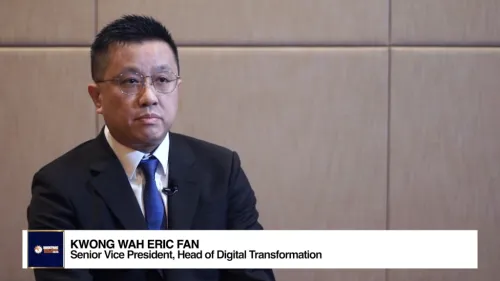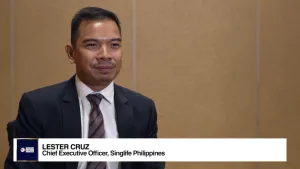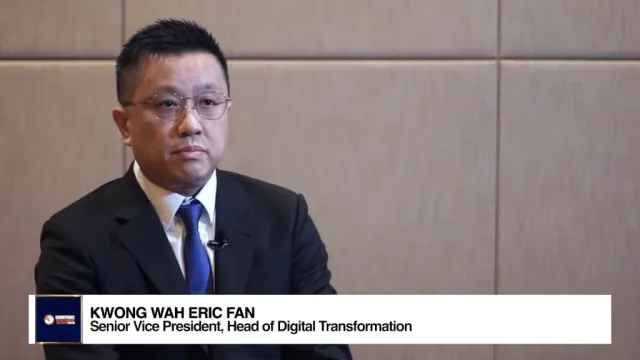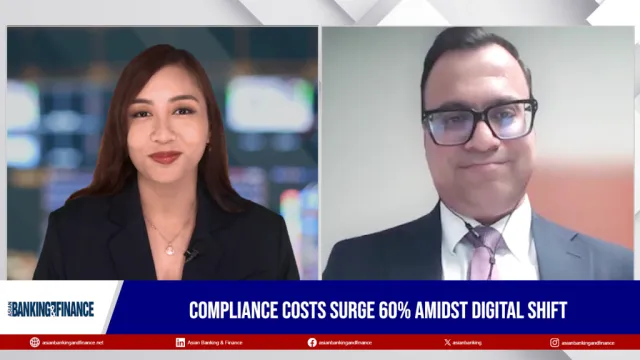Indonesia
Bank Mandiri plans buying micro banks
Bank Mandiri plans buying micro banks
Availability of funds the allows the lender to expand network by buying medium sized banks.
StanChart affiliates, OCBC eye Bank Muamalat
A Standard Chartered plc affiliate, Qatar Islamic Bank SAQ and Oversea-Chinese Banking Corp are among bidders for a controlling stake in PT Bank Muamalat Indonesia.
Bank Mandiri to allocate 1/3 of profits for dividends
Bank Mandiri will allocate 35 percent of its net profits for dividends, amid dividend cuts by other state-run lenders.
Bank Mega fraud investigation still underway
Bank Indonesia will need one more week to complete its investigation into the alleged cases of fraud at Bank Mega.
Bank Mandiri first quarter profit up 89% to $444.45mn
Analysts estimate the bank’s 2011 profit to rise 28% to $1.38bn following gain from the stake sale in Garuda Indonesia's IPO.
Maybank’s Indonesian unit first quarter loans up 41%
Corporate loans posted the highest growth of 48% while consumer and SME and commercial lending soared by 39% and 38%.
Bank Rakyat Indonesia first quarter profit up 52% to $378mn
Strong growth loan has prompted analysts to estimate the bank’s 2011 profit to surge 13% to $1.51bn.
Bank Mandiri to take active role in weaponry development
State-owned Bank Mandiri will finance the construction of two 40-meter missile boats for the Indonesian Navy. The deal is worth Rp 65.97 billion or about US$7.65 million.
Bank Syariah Mandiri 2010 earnings at Rp 418.5B
PT Bank Syariah Mandiri booked Rp 418.5 billion in net profits last year, a 43.8 per cent increase from the Rp 290.9 billion it earned in 2009.
BNI lends 122% more for infrastructure as of March
Bank BNI disbursed US$1.16 billion or Rp 10 trillion in infrastructure loans as of March. This is an increase of 122 per cent from Rp 4.5 trillion at the end of 2010.
Indonesia's House of Representatives to look further into Citibank incidents
Indonesia's House of Representatives will inquire further into the death of a Citibank client, Irzen Octa.
Bank Mandiri and AXA to buy ADB insurance
The deal will make Bank Mandiri owner of 60% of ADB’s shares while AXA will control the remaining 40%.
Mandiri boosts cards with Garuda deals
Bank Mandiri joined hands with Garuda Indonesia to offer free tickets for international travel to certain destinations.
BNI Syariah to inaugurate 10 new branches
The lender also plans to open 28 sub- branches, including in Bali and Kalimantan, as it plans to boodt its assets by 50%.
BCA to lose 300,000 credit card customers
Bank Central Asia is bracing for a loss of 300,000 of its credit card customers after the recent acquisition of retail chain Carrefour by Bank Mega.
CIMB Niaga micro-lending doubles to $19.03mn
The lender was able to release $57.25mn in 2010 as the lender sees room for further optimization on business behind huge market potential.
CIMB Niaga’s credit card holders grow 45%
Aggressive push from the lender’s high-ranking officials added holders to 1mn.





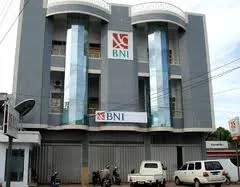
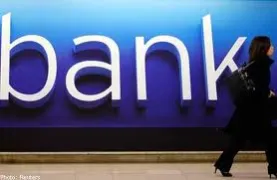

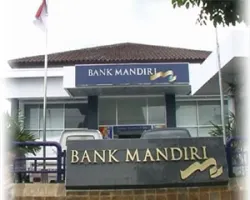

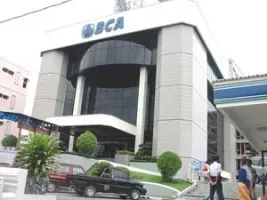
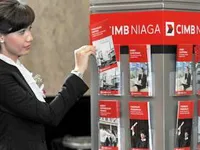
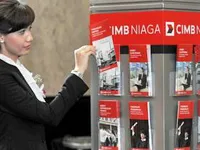
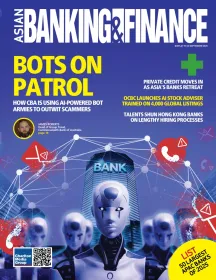
 Advertise
Advertise
